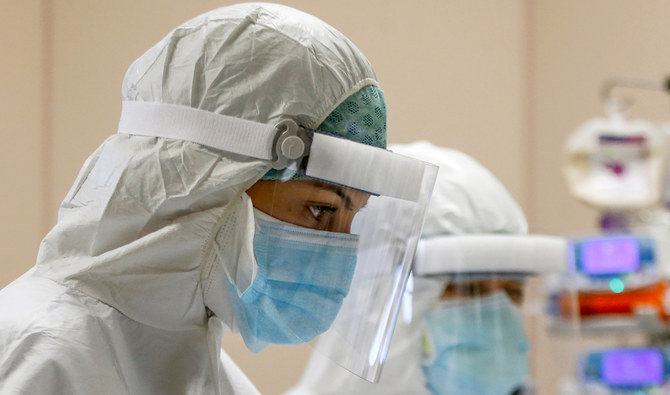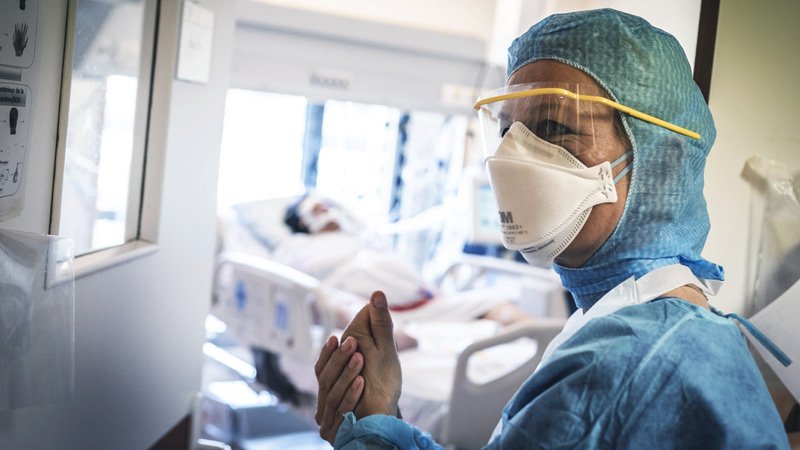The outbreak of the Covid-19 virus is having a financial impact on private practices nationwide.
Many practices are seeing a decline in patient volume as people try to avoid doctors’ offices unless they have no other choice, and that decline is expected to continue as the crisis broadens.
This is especially true for primary care offices. They are the lowest paid on the physician spectrum and have the busiest offices.
Right now, there are so many unknowns that keeping a practice profitable is a daunting challenge.
If the crisis lasts for months, as many expect, it could threaten the viability of practices that were already struggling, as patient volume continues to decline.
Practice leaders need to accept that their practice is most likely going to take a financial hit and start planning accordingly.
Planning for practice survival
Start running projections on what the practice finances would look like if revenue dropped 10, 20, 50 or even 80 percent.
Building pro formas on what the impact would be is critical.
Τhen look at what patients you need to see and what you can do to generate revenue in some fashion.
With the loosening of telehealth restrictions, some practices may be able to keep patient volume up.
You have to really over-plan at this point.
Expenses need a careful review after the projections are complete.
You may have to lay off employees or rotate staff to work alternating days.
You don’t want to lose staff if you can help it, because you will need them to recover.

If a practice doesn’t have a line of credit, now is a good time to apply for one.
The money could be the difference between practice survival or going out of business. It’s for these kind of emergency situations.
The proforma projections will help determine where the money needs to be spent.
The same thing goes with rent – you may need to ask for a lease abatement.
Doctors should also look at a worst-case scenario. So make sure to be prepared accordingly.
Teamwork and focus
Boosting staff morale is also key to maintaining focus on patient care and to getting everyone to work toward keeping the practice open.
It’s important, so say to the staff:
‘Let’s get through today and not think about the future, but two to four weeks from now, let’s start to think about what the future holds.
What does it hold, how can we make sure we improve care and come out of this whole?
Recognize the stress the staff is under. Make regular, timely communications about efforts to maintain the office, take care of patients, and maintain financial viability.
If employees don’t have information, they get scared.

If staff cuts are being considered, explain the situation to the staff and see if they have any ideas. Instead of assuming no one wants their hours reduced, for example, someone may volunteer because of their current life circumstances.
If you can stay connected during this time, you can increase and reinforce their loyalty.
The crisis might help reaffirm the important role of physicians in the healthcare system.
Addressing staff and patient concerns
As the COVID-19 coronavirus sweeps the globe and uncertainty increases, physicians should turn their attention to the welfare of their staffs and their patients.
In times of crisis such as this, it is important to start by re-examining the practice’s fundamental mission.
We’re here to keep people healthy and happy in the end.
So that’s an important thing to keep in mind as we make the rest of the decisions.
Keeping staff safe and calm
Getting as much information as possible about the situation, physicians can ask the proper questions, such as whether it is necessary to have patients who are not in dire need of care come into the office or facility.
Once information is gathered, then communication with staff is crucial, not only so they know what is required of them, but also to calm any fears they may have.
Practice leaders should remember that their staff is made up of human beings under a remarkable amount of stress and should adjust their interactions in the interest of maintaining staff morale.
For physician leaders, they have to first know that everyone around them is scared, they go home, and they deal with the fear of their family, or the risk of infecting other family members.
So, physicians should hopefully be kind in their communication, watch their own words, and then realize that everyone else is dependent on them financially, socially, emotionally.

Maintaining staff morale can be as simple as bringing in lunch or asking if they need anything for their homes.
Simple acts of kindness such as these can have a big impact.
Generally healthcare professionals have one or two different types of stressing factors, but now there’s multiple factors.
Another important facet of staff safety is ensuring everyone is trained on the importance of personal protective equipment (PPE) and proper hand hygiene.
As a measure to keep both himself and his patients safe, you have to begin offering telehealth as an option.
This takes the form of phone calls with patients seeking preoperative consultations that don’t need face-to-face time.
The telemedicine option also gives a tremendous boost to ability to care for people.
Keeping patients safe
As the threat of infection becomes apparent across the country, physicians should be aware of how their patient flow can be putting people at risk and consider options to change check-in processes.
Preparation for a possibly infected patient should begin when they call to schedule their appointment.
When a patient calls in, find out their symptoms indicate the virus, then ask the patient that when he arrives to the office, to call you and stay where he is.
Staff can then go out to the patient and walk them in with mask and gloves.
If that’s not possible, patients exhibiting symptoms can be brought in a back entrance to a separate room, so as to avoid the waiting room.
In addition, infected patients should be seen and kept in rooms that should be cleaned thoroughly before and after the patient is seen.
It is better, if patients can flow through the practice, without congregating in the waiting room.
If you must have patients in the waiting room, ensure it is stocked with alcohol-based hand sanitizer and tissues and masks, that may be used to slow the spread of the virus.
Also, follow guidelines on social distancing by keeping waiting patients at least two meters apart.
Asking the facility’s cleaning staff to beef up sterilization efforts, and don’t be afraid to seem a little rude about it.



